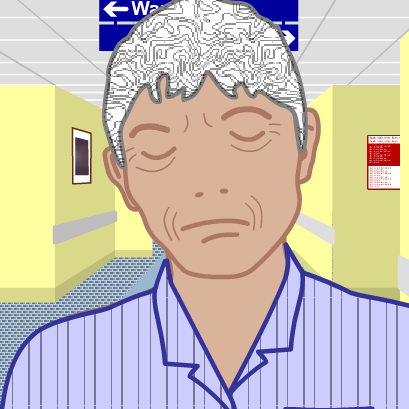Introduction
On completion of this module you should have a critical understanding of the relevance and importance of monitoring in acute stroke patients, understanding the relevance and the implications of investigation and management of individual patients. Further resources can on this topic can be found below.
The answers to all the test questions are contained within the module. This information may be provided within the interactives and ‘Additional Information’ on some of the pages.

Introduction
Module lead Dr Anne Rowat, Senior Lecturer, Nursing & Health Care School, University of Glasgow Group members Abbi Tracey, Lecturer...

Case 1: Jean
Blood Pressure and Heart Rate Jean is a 79 year old lady who lives alone and was found on the...

Case 2: Bob
Blood Glucose Bob, a 59 year old man weighing 28 stone, was in the fish and chip shop when he...

Case 3: Archie
Temperature, Respiratory Rate and Oxygen Level Archie is a 69-year-old retired accountant who was admitted to hospital after waking from...

Case 4: Maisie
Glasgow coma scale Background information on the Glasgow coma scale (GCS) The Glasgow coma scale (GCS) is a neurological scale...

Conclusion
Physiological monitoring is the measurement of parameters allowing for early detection of any abnormalities and potential deleterious changes so that...

Module test
...
Page last reviewed: 04 Mar 2021


